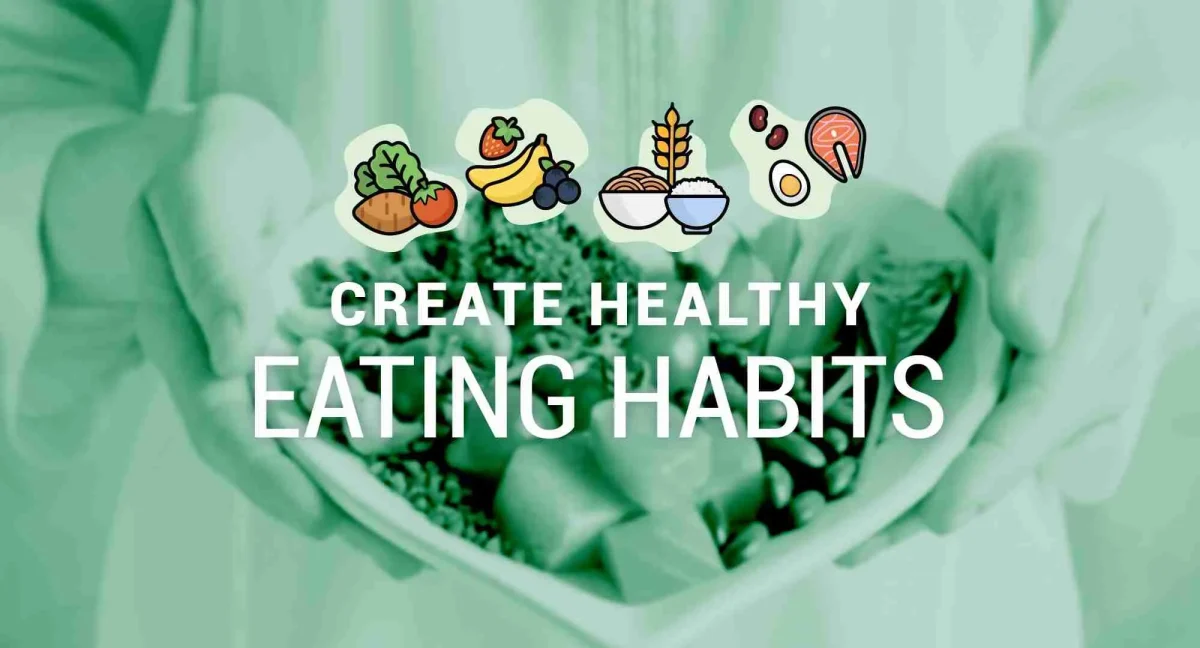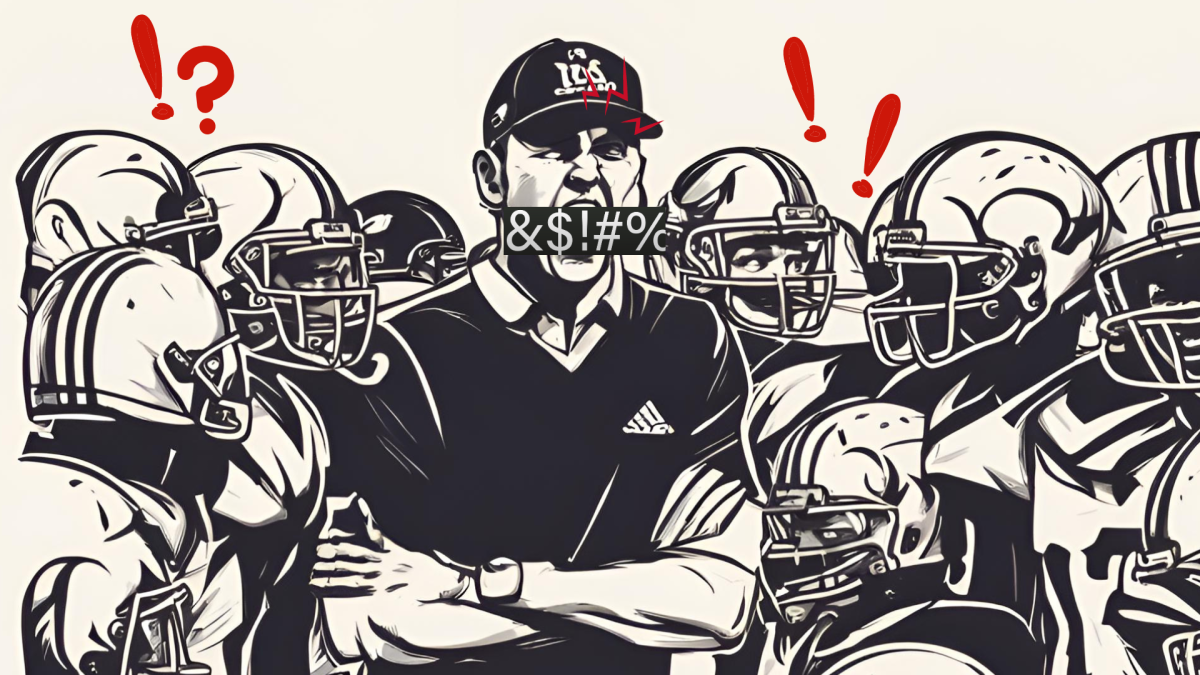As high school students with busy lives, we need to know how to fuel our bodies. With social media’s influence and decade-old ideas about diet, we’ve learned and become accustomed to various ideas regarding how to eat. Although there are some who preach generally healthy practices concerning diet, there are even more who continue to teach possibly detrimental misconceptions about how to eat.
Highschoolers are briefly educated about the basics regarding diet, but are not taught more in depth about important things like unhealthy and healthy eating which allows for bad habits to be formed. These habits need changing. The first step in changing disordered eating, is to first identify that there is a problem that needs fixing. As teenagers, our minds are more open to changes in practices because the ideas have not necessarily been solidified yet, in comparison to adults who have likely been eating a certain way and living under specific pretenses regarding how they eat for their whole lives.
One of the main misconceptions that should be identified is the idea that eating fewer calories is healthier, which many high school athletes believe. In reality, calories are nothing but a way manufacturers can measure what is being put into a product, defined as a unit of energy. Many count the calories they intake throughout the day and allow the amount of calories to dictate what they do and don’t eat. This pattern is both wrong and can be harmful to people’s health. If people choose to restrict themselves based on their calorie intake, they often end up having little to no knowledge of the other things they are taking in or what they should be eating because they tend to ignore their body’s hunger and safety signals.
On Tiktok, I often see influencers posting videos about how people should and shouldn’t eat even though they are unqualified. I think this can be really hurtful to the impressionable minds of kids and teenagers on the app. — Senior, Giselle Slagg
A more healthy practice would be to be aware of the calories they are taking in, but instead, if such resources are available, look into the amount of proteins, vegetables, fruits, and even carbohydrates you are consuming, as there are optimal levels of intake that can boost things like energy and muscle growth, which can aid both athletes and students in their overall well-being. Not only is this a more healthy habit, but it also allows you to listen to your body more rather than simply focusing on the number of calories you eat throughout the day.
Listening to your body’s signals is incredibly important, but attending to the occasional craving is just as key to a more balanced diet. As a social media user, I have recently begun to notice more and more unqualified influencers posting things regarding what and how to eat. Specifically regarding the question, “Why eat this when you could have X amount of these?” Influencers frequently display seemingly unhealthy food on one side of the video and, for example, multiple salads in the other half. They proceed to show the number of calories in each and scrutinize viewers if they were to choose the “unhealthier” option.
These types of comparisons amplify the idea that you should always ignore cravings because they may be unhealthier or contain more calories, which can create disordered eating habits that have the possibility of festering into more serious problems with diet. Realizing that it is perfectly fine and normal to have cravings and to occasionally satisfy them is a major in correcting misconceptions.
In addition to recognizing misconceptions like eating more “healthy” food instead of listening to your body, it is essential to debunk commonly believed myths such as that it is healthier to drink diet drinks or eat diet protein bars in comparison to the regular version.
Choosing diet versions of foods like protein bars that many athletes at our school eat under the assumption that it is a healthier alternative is misguided, as they often contain artificial sweeteners like aspartame or sucralose, which both act to replace natural sugar. Those sweeteners have many negative side effects, like the formation of metabolic disruptions that cause vital organs like the pancreas or liver to not work properly, increased sweet cravings, and potential weight gain, almost counteracting the benefits they were originally advertised as. Research suggests these sweeteners can also heighten the risk of type 2 diabetes and cardiovascular diseases. Most teenagers are not aware of these possible side effects, which can be harmful to their health. Therefore, opting for the regular versions, despite their higher sugar and calorie content, might be wiser, providing a known source of energy and avoiding uncertainties associated with the artificial sweeteners previously mentioned. This choice aligns better with the body’s natural processes and often includes more natural ingredients, supporting overall health without compromising taste or nutrition, which we value highly.
Diet misconceptions similar to those previously listed can be confusing, detrimental, and even dangerous for teenagers and students with impressionable minds, leading them to develop life-long unhealthy habits, which is why they need to be dealt with head-on. Further education regarding healthy practices regarding diet in our school systems is optimal, and our communities can begin eating well and, in turn, living better.















